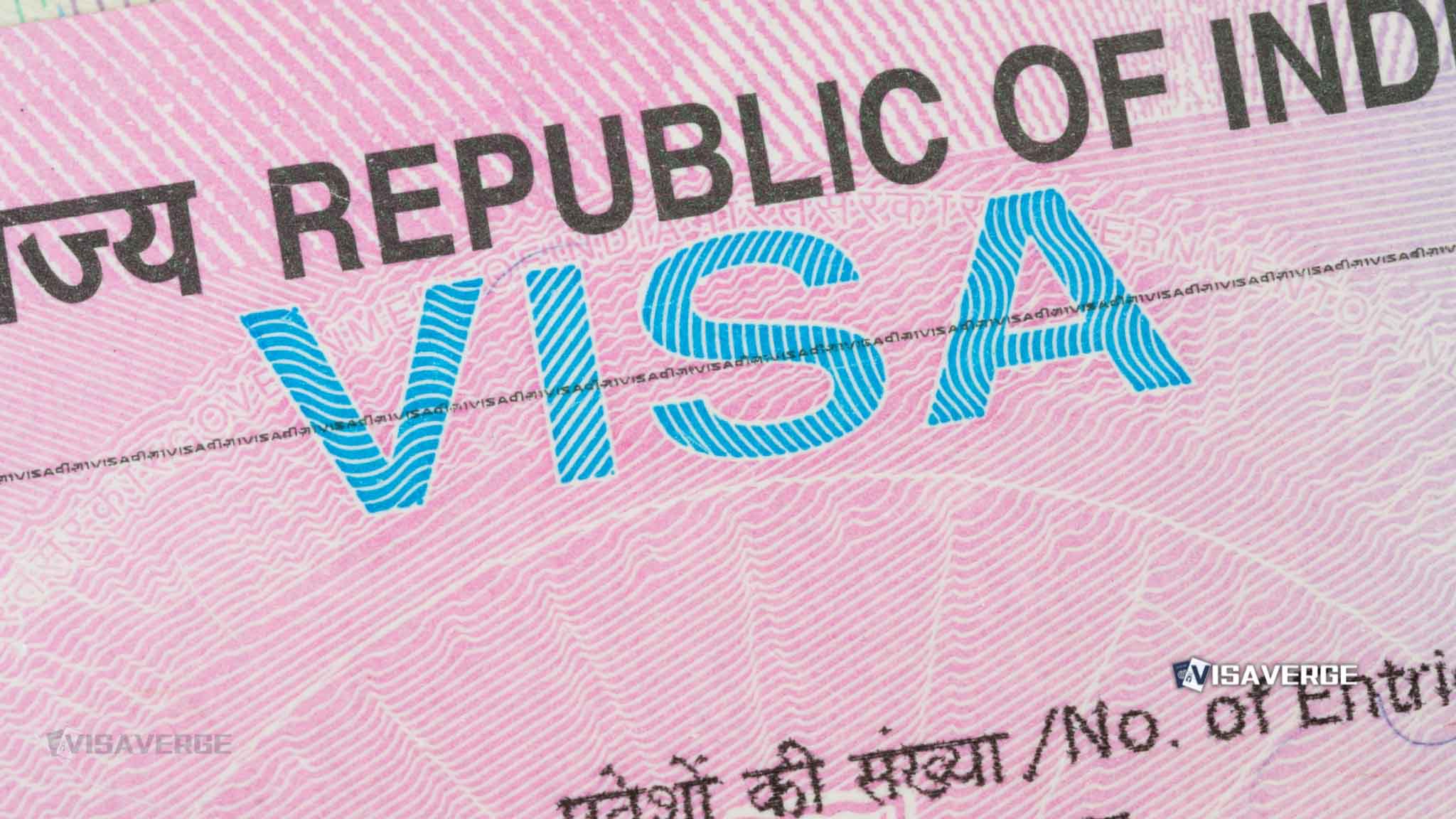Understanding NRO Account Transfer: A Guide for NRIs
When it comes to managing finances in India, Non-Resident Indians (NRIs) often hold two types of bank accounts: Non-Resident (External) (NRE) and Non-Resident (Ordinary) (NRO) accounts. Transferring money from these accounts, especially NRO account transfer, involves certain rules and compliance measures. This article serves as a guide to understanding the nuances and legalities of transferring money from your NRO account out of India.

Source of Funds and Limits on NRO Account Transfer
There are key differences between transferring current income and other assets from your NRO account. For example:
- Current Income: There is no restriction on the amount of current income that NRIs can repatriate. This includes rents, dividends, pensions, and interest.
- Non-Current Revenue: For non-current income, like proceeds from the sale of property or mutual funds, there is a cap of $1 million per fiscal year.
It is important to note that the Foreign Exchange Management Act (FEMA) of 2000 does not specifically define “current income.” However, according to RBI circulars, it includes rent, pension, salary, dividend, interest income, and so on.
Required Documentation for NRI Remittance Rules
Before you initiate a transfer out of an NRO account, it’s essential to have the correct paperwork. Be prepared to provide the following:
- Application for outward remittance from NRO account
- Form A2 as prescribed by your bank in line with RBI regulations
- Form 15CB, which is a certificate obtained from a Chartered Accountant
- Form 15CA, a declaration to the Income Tax Department by the NRI/PIO
- A copy of your PAN card
- Evidence justifying the source of funds
- A copy of your passport
Depending on your bank, you may also be asked for additional declarations or documents to meet their specific requirements. Always check with your bank on the precise documentation needed.
Clarifying the Source of Funds
If you’re intending to transfer money out of India from your NRO account, documenting the source of these funds is mandatory, regardless of the amount. For example:
- If the money is from rent, a copy of the rent agreement or receipt is essential.
- If the source is dividends, you might need a bank statement or dividend proof.
Additional documentation such as the death certificate of the deceased or the registered sale deed of the property may be requested in case of inherited funds.
RBI Approval for NRO Account Transfers
While authorized dealer banks have been empowered by the RBI to allow remittances from NRO accounts, RBI approval is required when the amount remitted outside India exceeds $1 million in a fiscal year. This approval is necessary only for remittance of amounts beyond this limit; the RBI nod is not needed for current income.
Tax Implications for NRI Remittance Rules
Before considering an NRO account transfer, NRIs must ensure that all taxes applicable in India have been paid. The forms 15CA and 15CB must be submitted as per the requirements under Section 195 of the Income Tax Act, 1961. This act mandates TDS (Tax Deducted at Source) at the current rates on any taxable income being remitted.
However, there may be instances of tax relief under the Double Tax Avoidance Agreement (DTAA) or if there are special rates mentioned in the Income Tax Act. It’s critical to understand that transferring funds to your bank account outside India, or from an NRO to an NRE account, does not in itself invite TDS.
Final Thoughts
For NRIs, understanding the rules around NRO account transfers is imperative to manage your finances effectively and comply with the legal requirements. Always ensure that you have the proper documentation in place and consult with a Chartered Accountant or financial advisor well-versed in NRI remittance rules to evade any tax-related issues.
Navigating through the complexities of NRO account transfer and ensuring adherence to the appropriate NRI remittance rules sometimes requires expert assistance. For further guidance, NRIs can reach out to the Reserve Bank of India or go through authorized dealer banks.
Remember, being well-informed and vigilant about the regulations will make the process of transferring your funds a smooth and lawful endeavor.
Learn Today:
Glossary or Definitions
- Non-Resident Indian (NRI): An Indian citizen who resides outside of India for an extended period of time, often for employment, education, or other purposes.
-
Non-Resident (External) (NRE) Account: A type of bank account held by NRIs to manage their foreign income. Funds deposited in an NRE account are freely repatriable, which means they can be transferred back to the foreign country without any restrictions.
-
Non-Resident (Ordinary) (NRO) Account: A type of bank account held by NRIs to manage their income earned in India. Funds in an NRO account are non-repatriable, meaning they cannot be freely transferred back to the foreign country. NRO accounts are subject to certain rules and restrictions.
-
NRO Account Transfer: The process of transferring money from an NRO account to a foreign country. NRO account transfers involve compliance with certain rules, limits, and legalities.
-
Foreign Exchange Management Act (FEMA) of 2000: An Indian law that governs foreign exchange transactions, including those related to NRIs. FEMA establishes rules and regulations for foreign exchange transactions in India.
-
Current Income: Refers to income earned by NRIs that can be freely repatriated. This includes rents, dividends, pensions, and interest.
-
Non-Current Revenue: Refers to income earned by NRIs from the sale of assets, such as properties or mutual funds. Non-current revenue is subject to a cap on repatriation, typically set at $1 million per fiscal year.
-
RBI Circulars: Circulars issued by the Reserve Bank of India (RBI), which provide guidance and instructions on various financial and banking matters. RBI circulars may provide clarification on the definition of “current income” and other related terms.
-
Outward Remittance: The transfer of funds from an Indian bank account, such as an NRO account, to a foreign country.
-
Form A2: A form prescribed by the RBI and required by banks for outward remittances. It contains information about the remittance, such as the purpose, amount, and recipient details.
-
Form 15CB: A certificate obtained from a Chartered Accountant that certifies the tax compliance of the remittance and the applicability of Double Tax Avoidance Agreements (DTAA) or special rates mentioned in the Income Tax Act.
-
Form 15CA: A declaration submitted to the Income Tax Department by the NRI/PIO regarding the remittance, taxes paid, and other relevant details.
-
PAN Card: A Permanent Account Number card issued by the Indian Income Tax Department. It is a unique identification number for individuals that is required for various financial transactions.
-
RBI Approval: Approval from the Reserve Bank of India, which is required for remittances from NRO accounts that exceed $1 million in a fiscal year.
-
Double Tax Avoidance Agreement (DTAA): An agreement between two countries to avoid double taxation on income earned in both countries. DTAA may provide relief from taxation or prescribe special tax rates for NRIs.
-
Tax Deducted at Source (TDS): A mechanism in which taxes are deducted by the payer at the time of payment, rather than the recipient paying the taxes separately. TDS is applicable on taxable income being remitted and is deducted at the current rates.
-
Reserve Bank of India (RBI): The central bank of India responsible for formulating and implementing monetary policies, regulating banks and financial institutions, and managing foreign exchange transactions.
-
Chartered Accountant: A professional accountant who has completed the necessary educational and professional requirements to become a member of a recognized accounting body. Chartered Accountants provide expertise in tax, accounting, and financial matters.
-
Authorized Dealer Banks: Banks authorized by the RBI to deal in foreign exchange transactions and provide services related to NRI accounts and remittances.
-
Compliance: The act of adhering to rules, regulations, and legal requirements in financial and banking transactions. Compliance measures ensure that the transfer of funds and remittances from NRO accounts are in accordance with the applicable laws.
So there you have it, a comprehensive guide on NRO account transfers for NRIs. Understanding the rules, documentation, and tax implications is crucial to avoid any hassles. If you want more in-depth information and expert guidance, head over to visaverge.com. They have all the resources you need to navigate the complexities of NRO account transfers and ensure a smooth financial journey. Happy exploring!
This Article in a Nutshell:
When transferring money from your NRO account as an NRI, certain rules and documentation are required. Current income has no restrictions, while non-current income has a cap of $1 million per fiscal year. Proper paperwork, documentation of the source of funds, and adherence to tax implications are crucial. Seek expert advice and remain vigilant to comply with legal requirements.








Hey K,
General Transfers above ₹7 lakhs: If you are transferring amounts above ₹7 lakhs (approximately $8,500 USD) out of your NRO account for purposes other than education or medical treatments, a TCS of 20% will be applied to the amount exceeding ₹7 lakhs.
Education/Medical: If the transfer is for education or medical treatment purposes, TCS of 5% will be applied to the portion exceeding ₹7 lakhs.
will the bank deduct TCS (20%) when transferring money from NRO account to own foreign bank account?